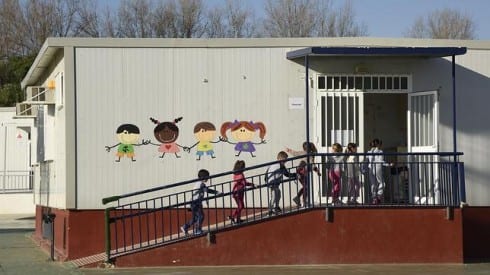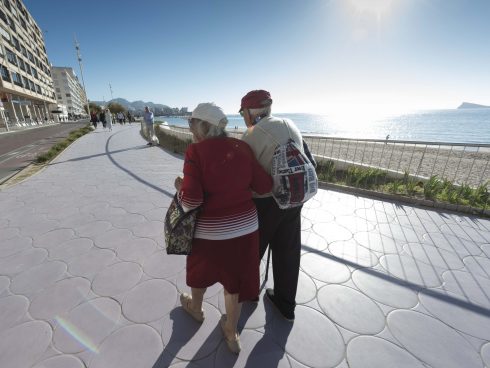FINANCIERS returning to their desks after the holidays face a hugely uncertain world – not least the impact of the Chinese slowdown and the halving of the oil price, issues I will consider in future columns.

Locally, current concerns include the state of the euro, whether interest rates will rise and the continued difficulties at the border. All of these have a direct effect on the economy here in Gibraltar and the wider campo area.
Thoughts are also turning to the forthcoming general elections in Gibraltar and Spain. I have been asked to write about their likely outcome and potential impact on our economy. I will try, but as the Danish physicist Nils Bohr put it: “Prediction is very difficult, especially if it’s about the future.”
Much of the momentum from the 2006 Cordoba Agreement has been lost since the last elections, although some significant benefits remain – some easing of airspace restrictions and the ability to use Gibraltar’s international dialling code from Spain.
La Línea’s new mayor, Juan Franco, has made no secret of his intention to improve cross-border relations. Hopefully this constructive approach can be broadened across the political spectrum.
In Gibraltar the last possible date for an election is 19 April 2016, although the Chief Minister has indicated that he will call it before the end of this year. I’m not an opinion pollster, so I won’t be predicting the winners and losers but, under Gibraltar’s system, the winning party will at least have a clear mandate to govern. We will also be seeing some new names on the ballot paper because a few of our politicos have announced their intention to step back from the front line.
The Spanish must go to the polls on or before 20 December 2015. In the recent elections it has been a straight race between the PP and PSOE parties (with some regional differences in areas such as Catalonia playing a smaller but important role).
This time, the waters have been clouded by the emergence of new groups like Podemos and Ciudadanos. If the support shown for these two parties translates into seats, then the result will be very interesting.
Economically, the importance of this is two-fold. First, the Spanish recovery is still fragile – the problems facing the euro have not receded and unemployment remains high. How this is managed by the next Spanish government will have a huge impact on our economy, locally. Secondly, once the voting is over, we must hope that a desire to resolve the border issues that so affect us all is on Madrid’s agenda.
This is not just desirable. It needs to happen. Obviously I cannot predict the future but, for the sake of business on both sides of the border, let us hope that the political landscape that emerges from the forthcoming elections is conducive to conciliation and progress rather than provocation and stalemate.
We can all play our part in that process and vote!
Click here to read more News from The Olive Press.








